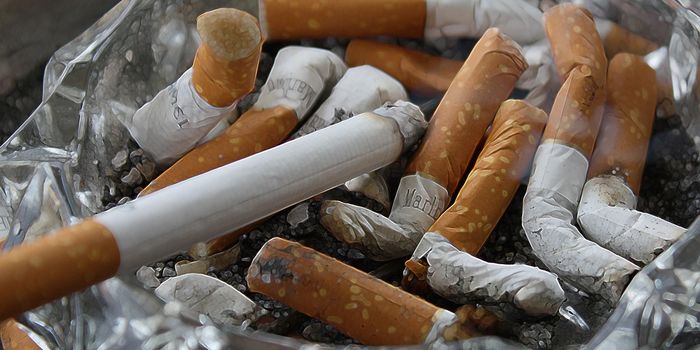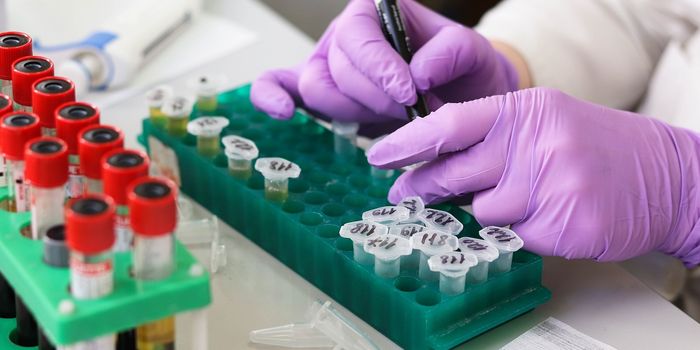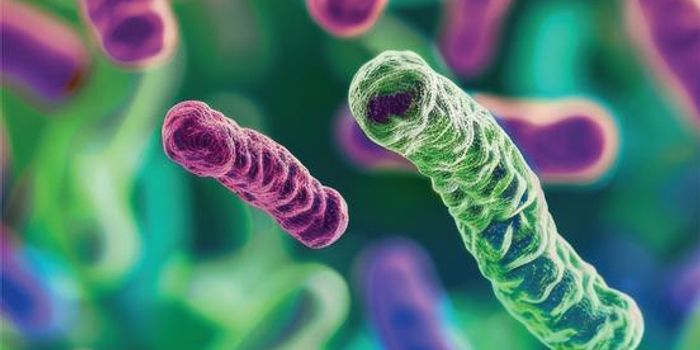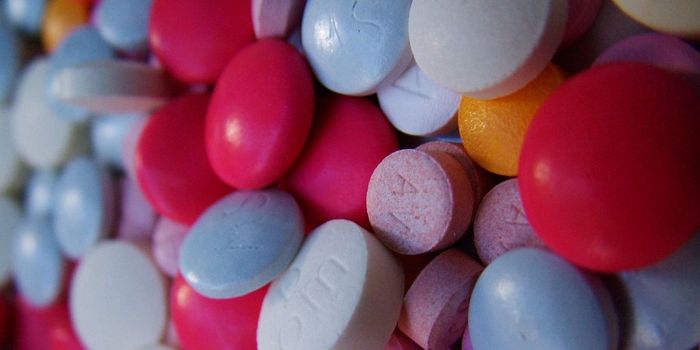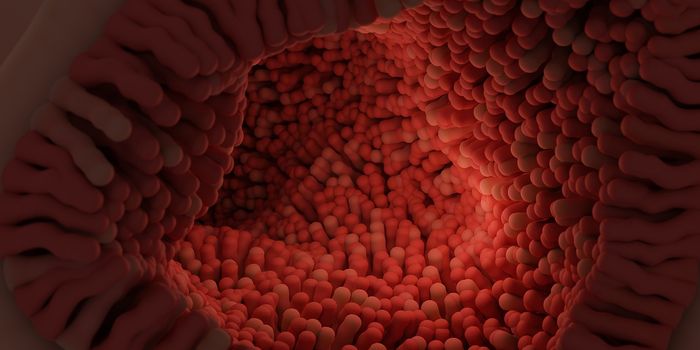COVID "Immunity Passports" Are a No-Go
Authorities are caught between dealing with the competing urgencies of abating the COVID-19 health crisis and the looming threat of an economic recession. With an approved drug, or better still, a COVID-19 vaccine still a way off, other solutions are being considered to accelerate communities’ return to normalcy.
European leaders are currently discussing the idea of using “immunity passports” as a means of getting the workforce up and running with those who have recovered from the coronavirus infection. To test the feasibility of such strategies, researchers in Germany are launching a mass study to quantify COVID-19 immunity in the population prior to easing lockdown measures.
“Those who are immune could be issued with a kind of vaccination pass that would for example allow them to be exempted from restrictions on their activity,” said Gerard Krause, head of epidemiology at the Helmholtz Centre for Infection Research.
Realistically, the concept of immunity passports has two major failings. Firstly, without widespread access to accurate diagnostic tests, we are unable to categorically confirm infections. On top of that, we are still unable to properly define immunity or understand the risks of reinfection and infecting others.
In response to the pandemic, biotechnology companies lost no time in developing COVID-19 diagnostic kits, which have flooded markets across the globe. Unfortunately, many of these kits are a let down in terms of accuracy and reliability. Reports of dubious diagnostic kits made in China are making headlines, with chances of getting an accurate result as low as 30 percent. To make matters worse, the quick, easy, point-of-care diagnostics that provide results in minutes are so notoriously unreliable that even the World Health Organization is cautioning against using them. The problem is that very few of these tests have undergone rigorous testing and validation to ensure their quality and performance.
Even if we do have access to sure-fire testing kits, scientists are still unsure whether recovering from COVID-19 gives a person complete immunity against reinfection. Experts estimate that it will take a couple of weeks after infection to build up protective levels of antiviral antibodies, but these might only be enough to keep the coronavirus at bay for a few months. For instance, health officials in South Korea are puzzled over why 163 convalescent COVID-19 patients are retesting positive for the virus. Some theories for this phenomenon include viral “reactivation” after infection, or a consequence of inaccurate testing kits.
In any case, to have protective immunity, a person has to have neutralizing antibodies — a specific type of immunoglobulin that no currently-available kit can test for. Likewise, diagnostic tests are not able to rule out whether a person who has contracted COVID-19 is still infectious. A recent study found that patients continue to shed the virus long after symptoms subside, keeping the risk of infecting others elevated without social distancing measures.
For now, developing accurate testing measures and continued social distancing will be our best way out of the impasse. As Peter Collignon, a physician and microbiologist at Australian National University said, “Despite the challenges, once reliable antibody tests are available, they could be important to understanding which groups of people have been infected and how to stop further spread.”
Sources: The Guardian, Nature, The New York Times.


